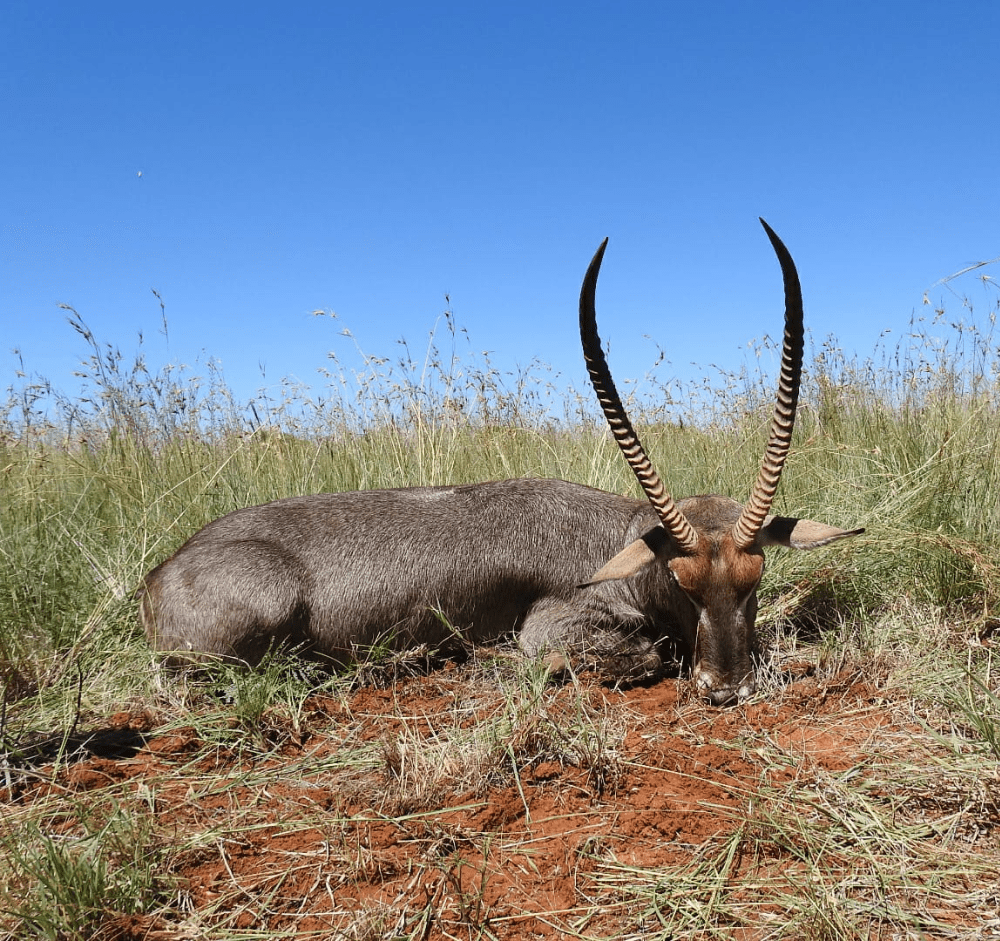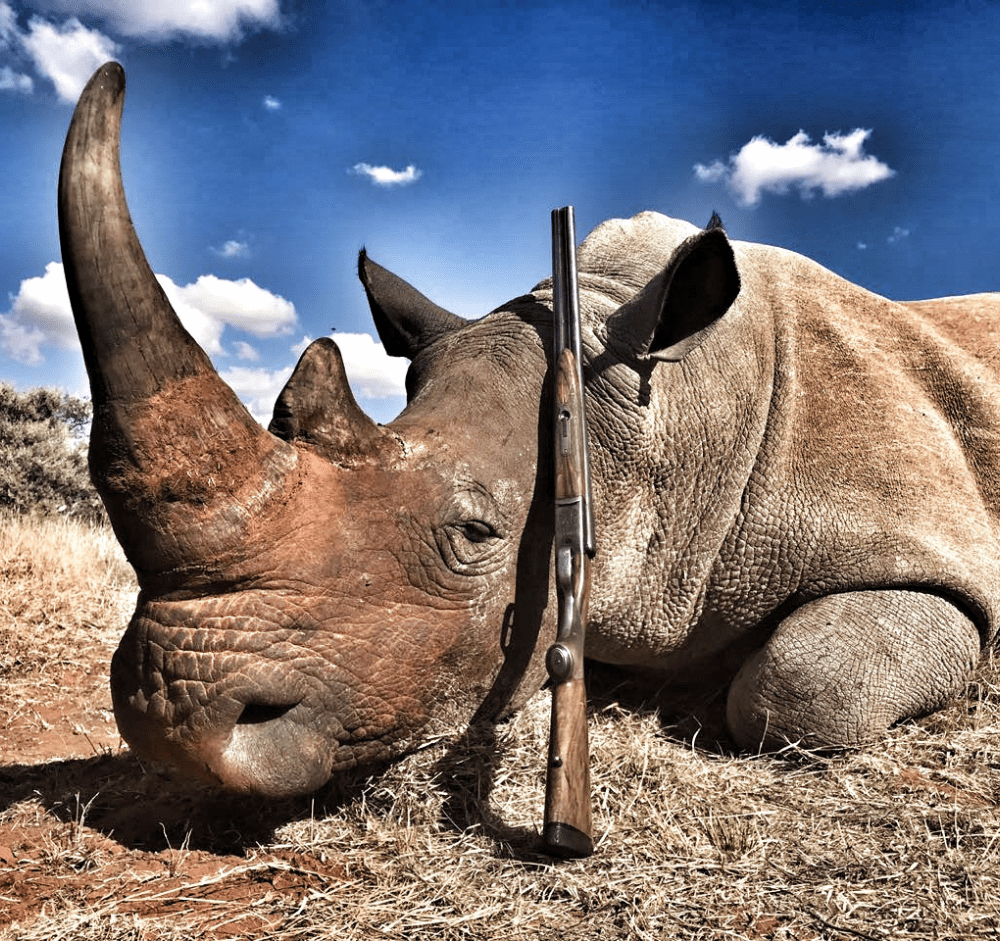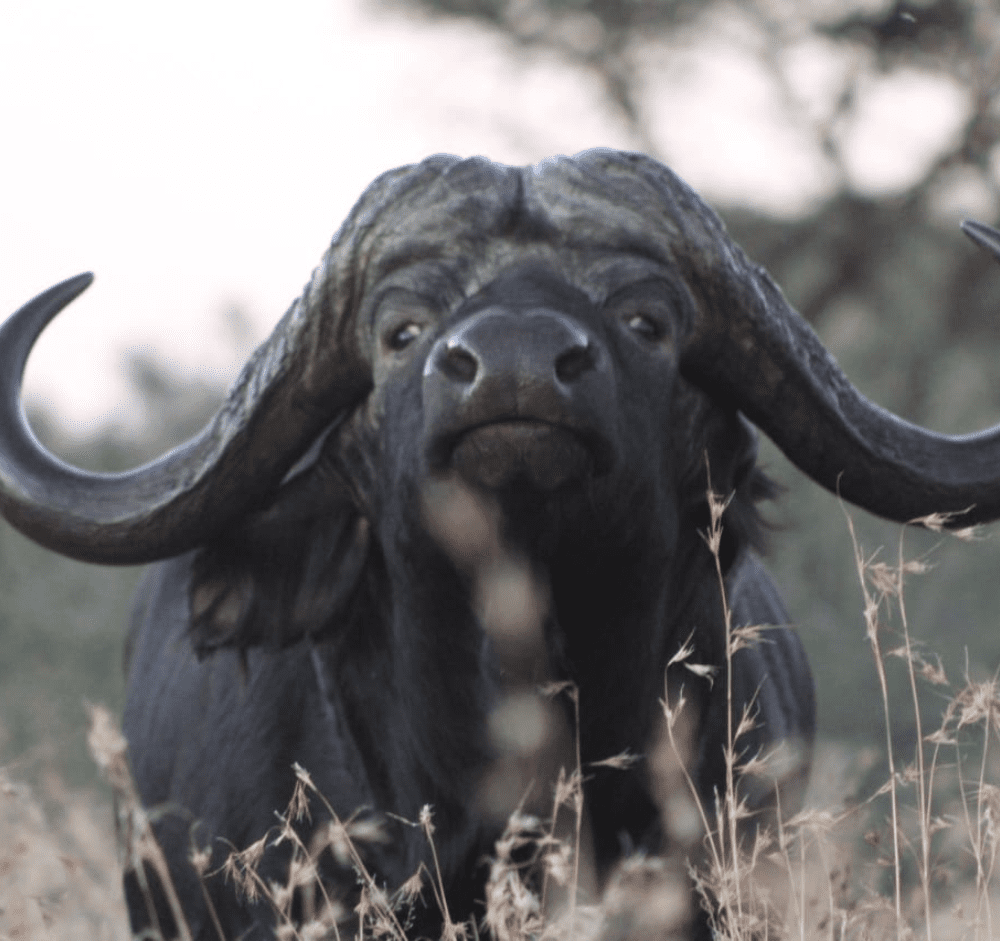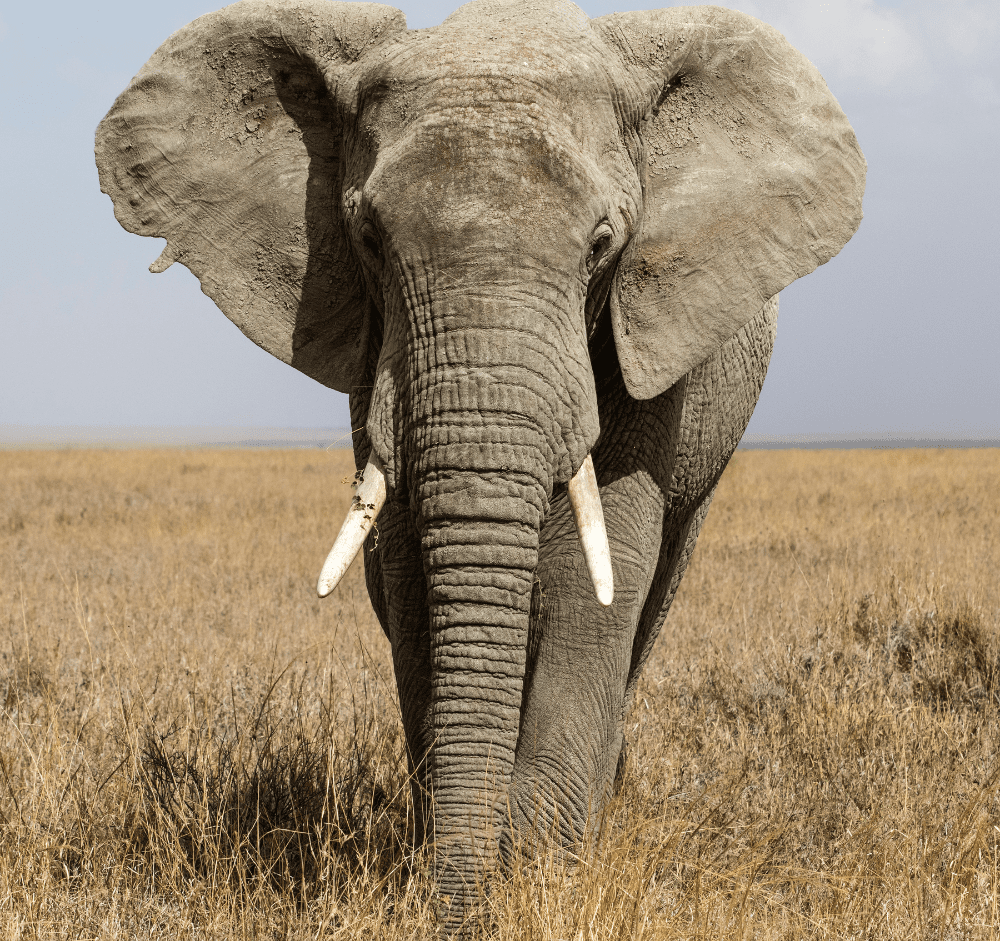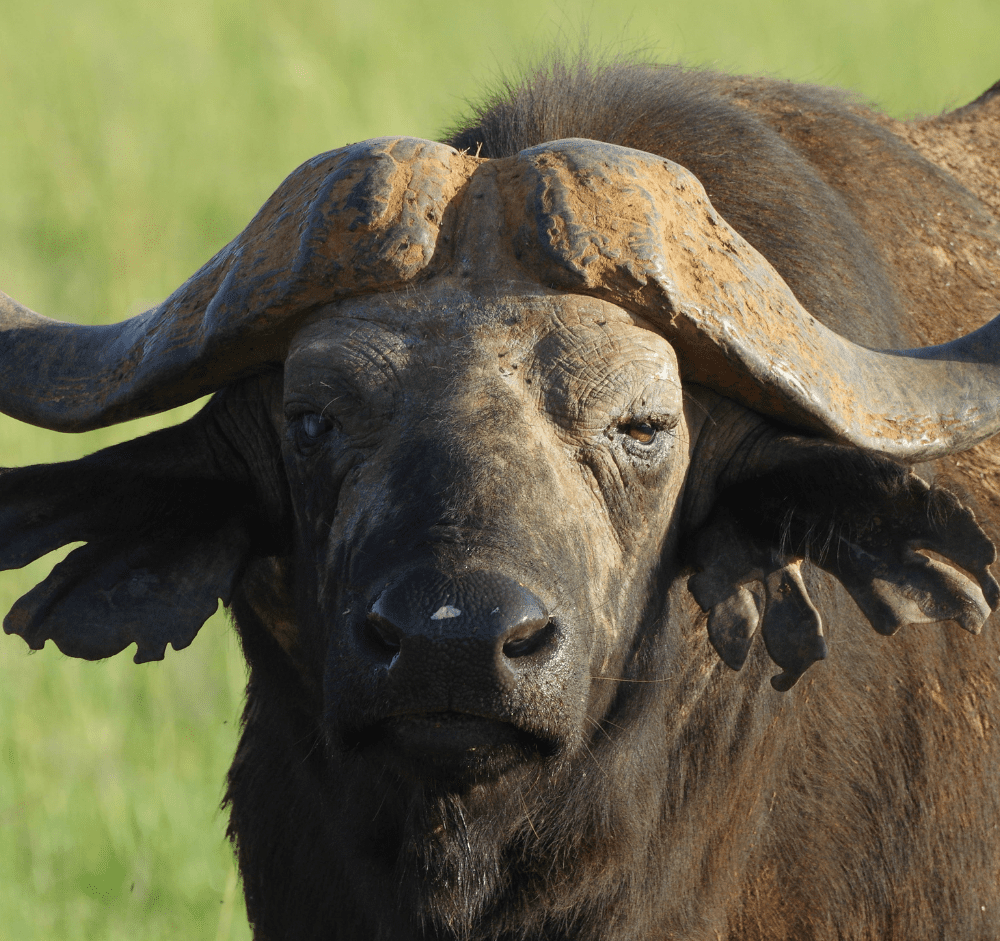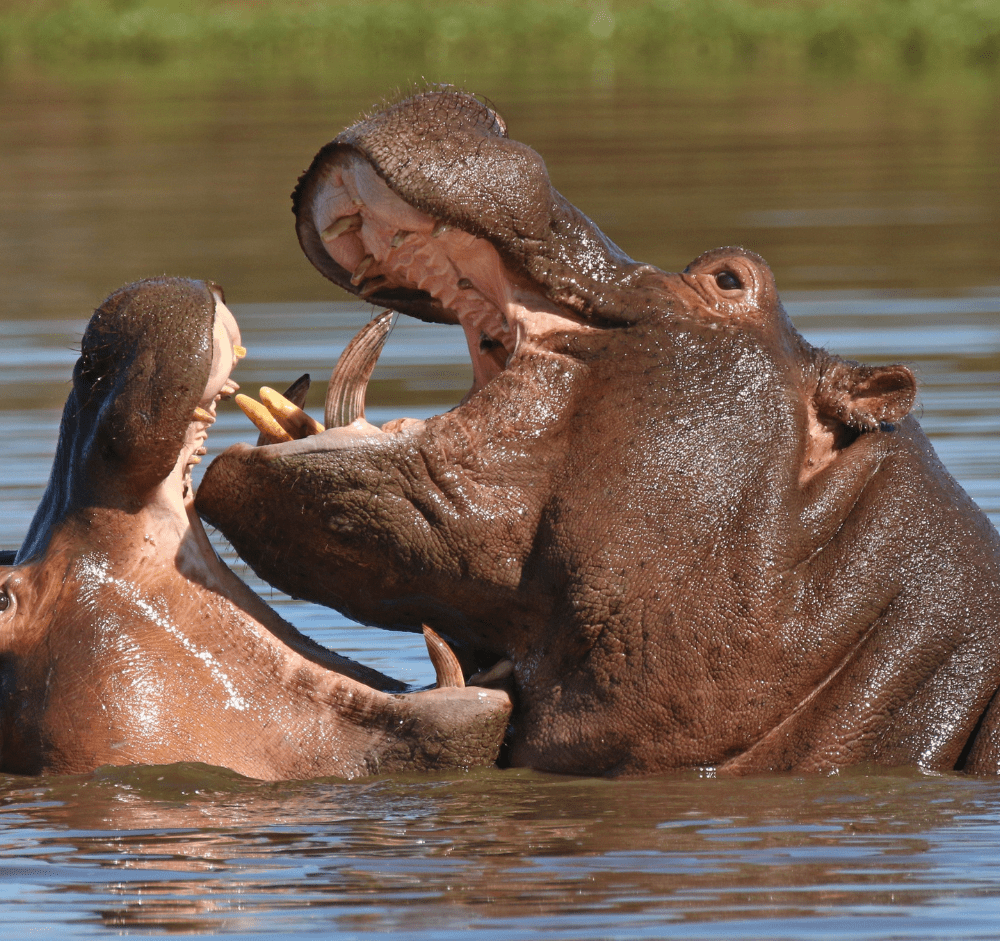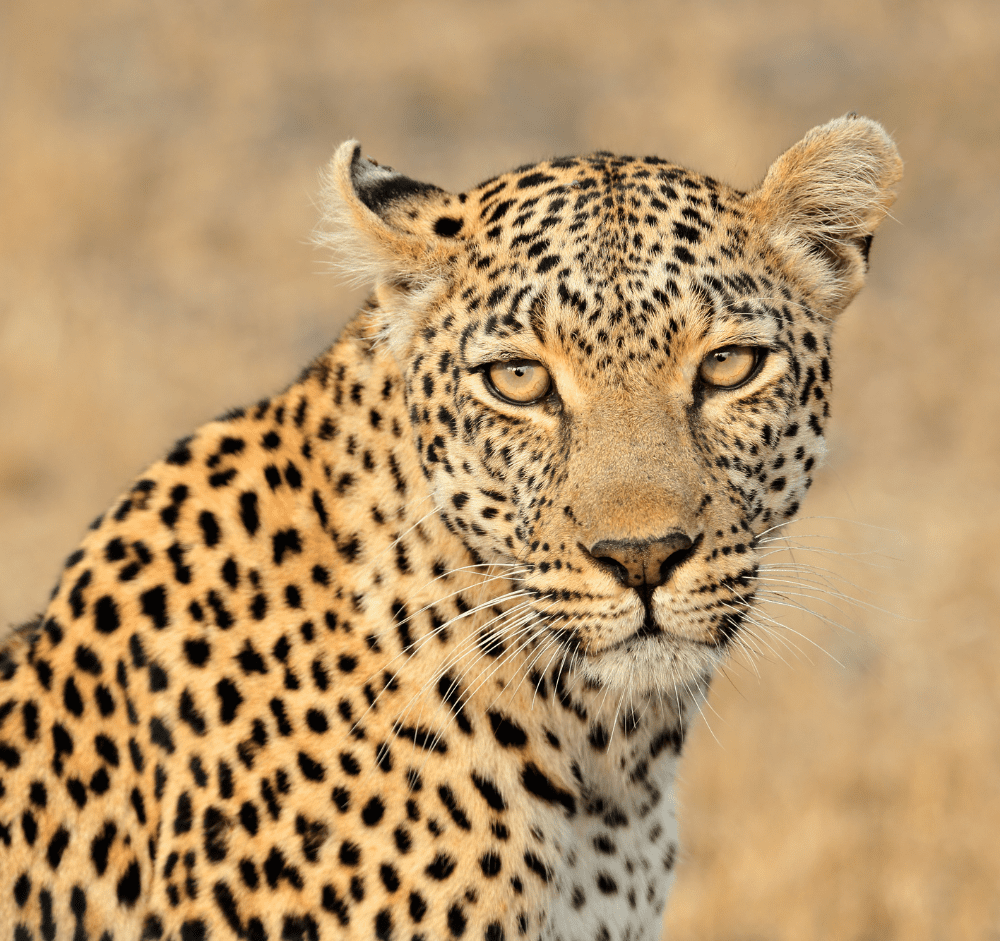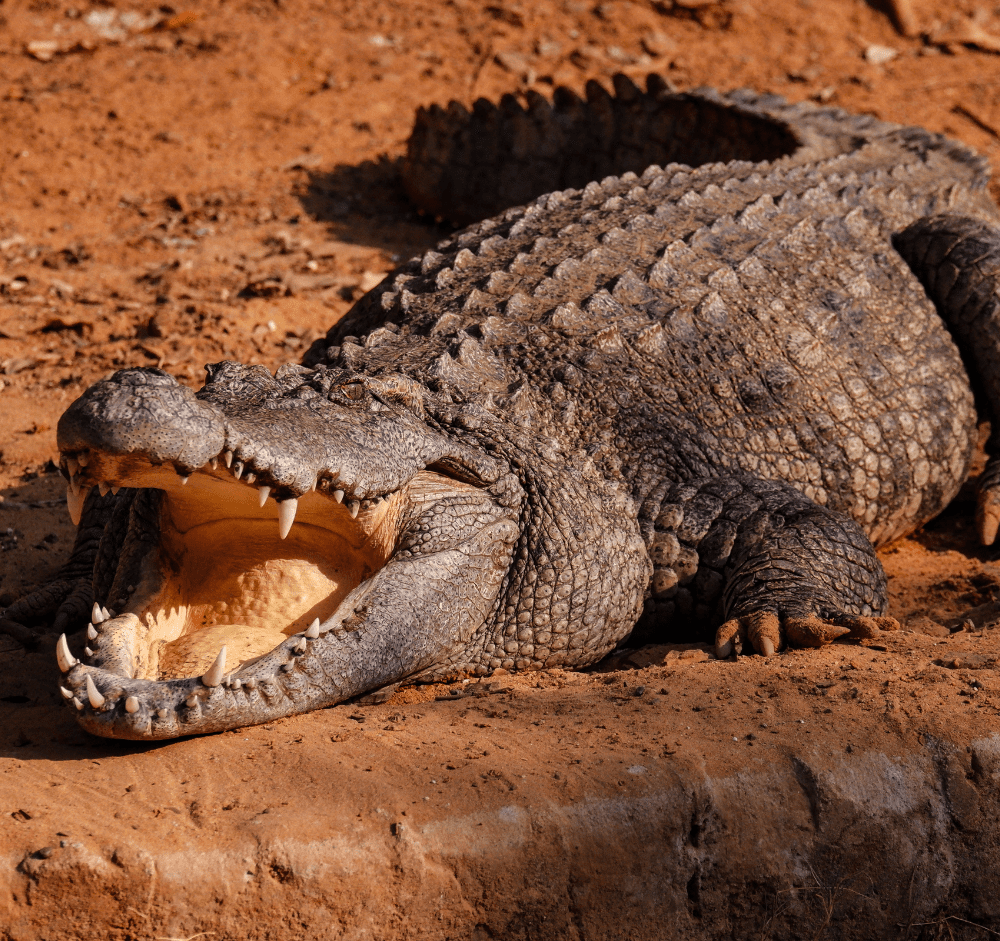Introduction: Beyond the Trigger – The Essence of Ethical Pursuit
The image of hunting is often simplified to the moment of the shot. However, ethical hunting, particularly in the vast and untamed wilderness of Africa, is a complex and demanding endeavor. It’s a symphony of skill, knowledge, and respect, played out across challenging terrains and in pursuit of elusive quarry. This post aims to illuminate the intricate dance between hunter and hunted, exploring the art and science that underpin responsible and fulfilling hunting experiences.
The Foundation: Deep Wildlife Knowledge
A successful and ethical hunt begins with a profound understanding of the animals themselves.
- Animal Behavior: Ethical hunters are students of animal behavior. They must understand the habits, movements, feeding patterns, and social structures of the species they pursue. This knowledge is crucial for locating animals, predicting their movements, and making informed decisions during the hunt.
- Tracking Expertise: The ability to track animals is a fundamental skill. Hunters learn to decipher subtle signs in the landscape – footprints, broken twigs, droppings – to follow their quarry over long distances. In Africa, where animals roam freely across vast territories, tracking skills are essential for success.
- Environmental Awareness: Hunters must also possess a deep understanding of the environment. They need to be able to read the terrain, understand weather patterns, and adapt their strategies to changing conditions.
“A good hunter is a naturalist first and foremost,” emphasizes The Perfect Shot: A Guide to Reading Game Animals’ Behavior (Boddington, 1999), highlighting the importance of ecological literacy in the pursuit of game.
The Art of the Stalk: Approaching the Quarry
The stalk is the heart of the hunt, the careful and deliberate approach to the animal. It demands patience, stealth, and a keen awareness of the surroundings.
- Terrain Mastery: Africa presents a wide range of hunting terrains, from open plains to dense bushveld. Hunters must adapt their stalking techniques to each environment, utilizing natural cover and minimizing their visibility and scent.
- Wind Awareness: Wind direction is crucial. Animals have a keen sense of smell, and a hunter must always approach from downwind to avoid being detected.
- Stealth and Patience: The stalk can take hours, requiring immense patience and the ability to move silently and cautiously.
Successful Stalking Strategies (van Zwoll, 2005) provides detailed guidance on the techniques and strategies involved in approaching game in various hunting scenarios.
The Science of the Shot: Precision and Ethics
The shot is the culmination of the hunt, and it must be delivered with precision and ethical consideration.
- Ballistics and Firearm Proficiency: Hunters must have a thorough understanding of ballistics, the science of projectile motion. They need to know how their firearm performs at different distances and under varying conditions. Proficiency with their firearm is paramount, ensuring a clean and humane kill.
- Shot Placement: Ethical hunting dictates that the shot must be placed in a vital area to ensure a quick and humane death. Hunters must have a detailed knowledge of animal anatomy and be able to accurately assess the distance and angle of the shot.
- Judgment and Restraint: The decision to take a shot is a critical one. Hunters must exercise sound judgment, considering factors such as the animal’s position, the presence of other animals, and the safety of the surroundings. If the shot is not clear or ethical, the hunter must have the restraint to pass it up.
“Fair Chase Hunting: Ethical Restraint in Today’s Wild World” (Posewitz, 1994) delves into the ethical considerations surrounding the shot and the importance of responsible decision-making in the field.
The Role of the Professional Hunter
In Africa, the professional hunter (PH) plays a crucial role in ensuring ethical and successful hunts.
- Expert Guidance: PHs are experienced guides with extensive knowledge of the area, the wildlife, and hunting regulations. They guide clients, ensuring their safety and maximizing their chances of a successful hunt.
- Ethical Oversight: PHs are responsible for ensuring that all hunting activities are conducted ethically and in accordance with the law. They make the final decision on whether a shot is ethical and ensure that the animal is treated with respect.
- Conservation Advocacy: Many PHs are passionate conservationists, actively involved in wildlife management and community development initiatives.
Safari: A Memoir of a Worldwide Hunt (Hemingway, 1935) while a classic work, provides a historical context to the role of the professional hunter in the African safari experience. While hunting practices have evolved, the core role of the PH as a guide and guardian of ethical hunting remains vital.
Interesting Facts:
- Traditional African hunting methods, still practiced in some communities, demonstrate incredible ingenuity and resourcefulness, utilizing natural materials and a deep understanding of animal behavior.
- The development of specialized hunting rifles and ammunition has significantly improved the accuracy and humane nature of hunting, when used responsibly.
- Ethical hunting organizations play a crucial role in promoting responsible hunting practices and educating hunters on wildlife conservation.
Conclusion: A Legacy of Skill and Respect
Ethical hunting in Africa is a demanding but rewarding pursuit. It requires a unique blend of skill, knowledge, and respect – respect for the animal, the environment, and the traditions of the hunt. By mastering the art and science of the stalk and adhering to the highest ethical standards, hunters can experience the thrill of the chase while contributing to the conservation of Africa’s magnificent wildlife. The legacy of ethical hunting is one of responsible stewardship, ensuring that future generations can continue to appreciate the beauty and wonder of the African wilderness.
References:
- Boddington, C. (1999). The Perfect Shot: A Guide to Reading Game Animals’ Behavior. Safari Press.
- Hemingway, E. (1935). Green Hills of Africa. Charles Scribner’s Sons.
- Posewitz, J. (1994). Fair Chase Hunting: Ethical Restraint in Today’s Wild World. Amwell Press.
- van Zwoll, W. (2005). Successful Stalking Strategies. Safari Press.



